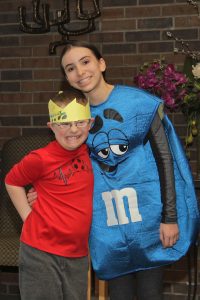
It started with a dance.
Greta Loewenthal knew there was something special about the young boy she met years ago at Am Yisrael Conservative Congregation in Northfield, Illinois.
“Marcus Weller has been a part of my life since I was a child,” recalls Greta. “On Friday nights, we used to dance together during services because I thought he was a cute little boy, and I enjoyed talking to him.”
Marcus has Down syndrome and a speech-language impairment. Still, his mother says he had the desire to volunteer to read the Torah at the synagogue’s family service. Director of the Am Yisrael School of Jewish Studies Charlie Sherman pointed out Greta’s affinity for Marcus, and suggested she read the Torah with him. It was a logical match as Greta was a teen madricha (teacher’s assistant) working with the first grade class and she and Marcus were already friends.
Thus, the Bimah Buddies initiative launched as Greta, then in eighth grade, and Marcus, a second grader, prepared to read the Torah at Shabbat. To begin, Greta and Marcus received an audio recording of Charlie reading a verse along with written copy. They spent weeks practicing separately, and then practiced together.
“The first time we read at Shabbat, I was nervous because it was a new experience and I didn’t want to let Marcus’ parents down,” shares Greta. “But I could sense from Marcus’ expressions that he was nervous, too, so I remained confident and calm to be a role model for him.”
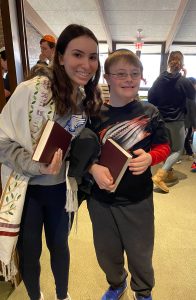
During the next four years, Greta and Marcus gained confidence around Torah reading together. “They go up to the bimah and chant together, so he doesn’t have any stress about his speech abilities,” says Marcus’ mother Rebecca. “They’ve read Torah verses at the family service, the Megillah at Purim and the Torah in the sanctuary for Simchat Torah.”
When asked what he loves most about the experience, Marcus shares, “I love going up to the bimah and volunteering when Mr. Sherman asks for help. On the Zoom calls with Greta, I like playing bingo and then using the coloring book.”
Greta credits her Bimah Buddies initiative’s success to the relationship that occurred naturally between her and Marcus, which made him feel both comfortable and safe. She also found that singing the verses quietly, while allowing Marcus to sing his own versions, honors both the tradition and his place in it.
“Marcus loves being Jewish and being part of our synagogue,” shares Greta. “He gives high fives to the security guards and hugs and kisses to his siblings. He’s comfortable there.”
Charlie calls Greta’s devotion to her Bimah Buddy “inspiring to witness.” “This initiative has helped Marcus gain important communication skills, which are going to make his continued process of preparing to become a Bar Mitzvah in 2021 a reality,” he says. “I believe it has also helped keep Greta’s Torah-reading skills strong—as she has chanted approximately one time per month for the past five years.”
Meanwhile, Greta’s experience in working with children with special needs has translated to her high school as well. As a senior, she’s currently the vice president of her school’s Giant Buddies program, which organizes activities for students in special education, and was helping with the school’s Special Olympics when COVID-19 hit. But the pandemic hasn’t slowed her down.
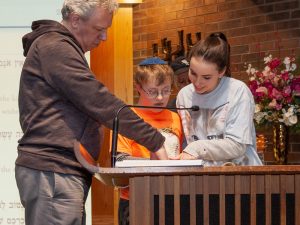
Photo by Jan Loew
She continues reading the Torah with Marcus during weekly Zoom video chats—a highlight for them both during this stay-at-home order. “He gets excited to read with me,” she says. “I try to break up his week by playing virtual games, coloring, and reviewing prayers.”
While they both enjoy this time, they realize Marcus may be paired with a new Bimah Buddy once Greta graduates and begins college this fall. She was accepted to the University of Michigan, where she plans to major in Special Education. She was also named one of the 18 under 18 Jewish teens from the Chicagoland area by Springboard—a community initiative created with support from JUF/Jewish Federation of Metropolitan Chicago.
“Greta’s an amazing young woman,” says Rebecca. “With her support, Marcus is a fully participating member of the synagogue community. Now, we are starting to think about his Bar Mitzvah and what type of support he might need. Drawing on the success of the past few years, we are comfortable knowing the model of the Bimah Buddies can continue to serve him well as he progresses through the next milestone of his Jewish life.”
Embracing Inclusivity
Want to be more inclusive in your own synagogue? “First, it’s important to recognize that not all people have the same abilities, and that inclusion on the bimah at synagogues can happen in a variety of forms,” says Greta. “For example, opening the ark, passing out siddurim, chanting a prayer, and carrying the Torah are all ways to include people with special needs.”
Becoming a Bimah Buddy
Greta shares the following for teens interested in working with their own synagogues to implement a similar program:
- Your program is likely to succeed if the pairings are a natural fit, where both buddies feel comfortable and safe.
- To help both buddies prepare, a synagogue leader should send an audio recording as well as a written document of the verse, spelling out difficult words.
- Buddies should practice on their own to master the verse before practicing together.
- When practicing together, begin by reading at a slower speed to ensure your buddy can follow along.
- Buddies with disabilities might handle stress and nerves differently and will immediately recognize tense, awkward situations. Be a comforting role model. Also, deep breathing can help to calm nerves.
- While these strategies worked well for Greta and Marcus, remember every partnership is different and will require adaptations.

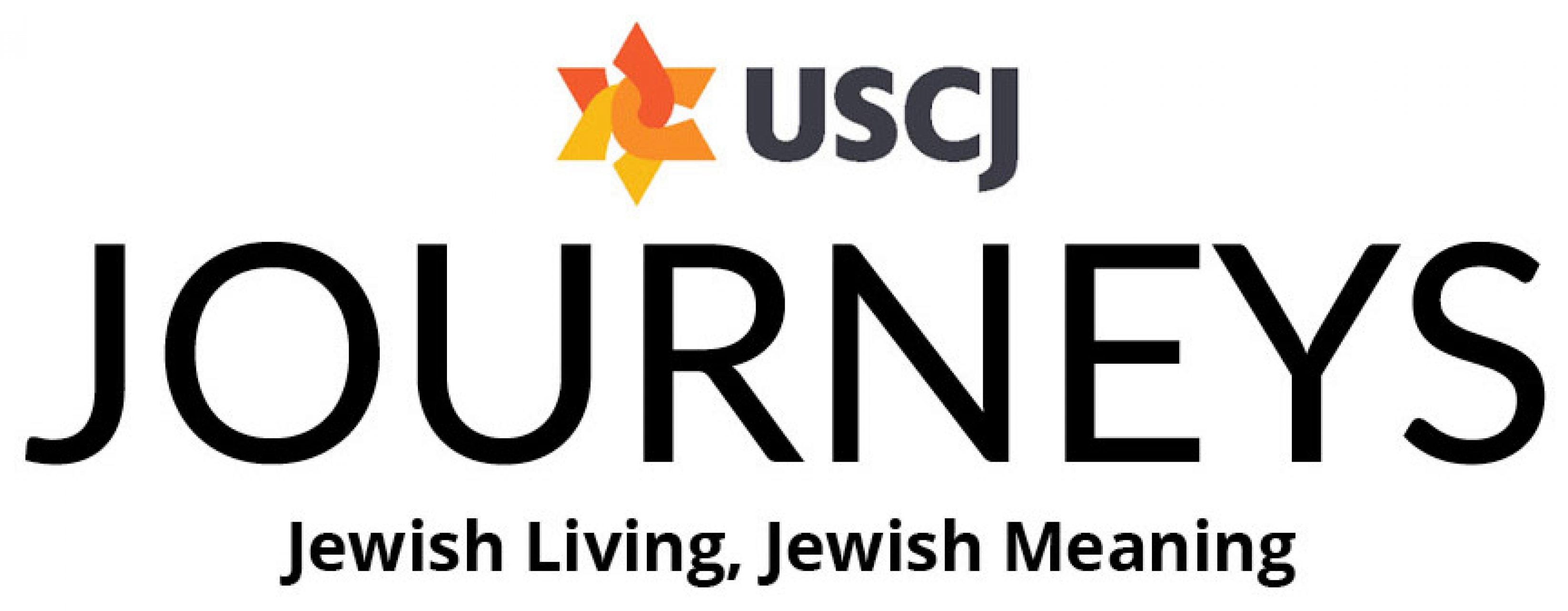
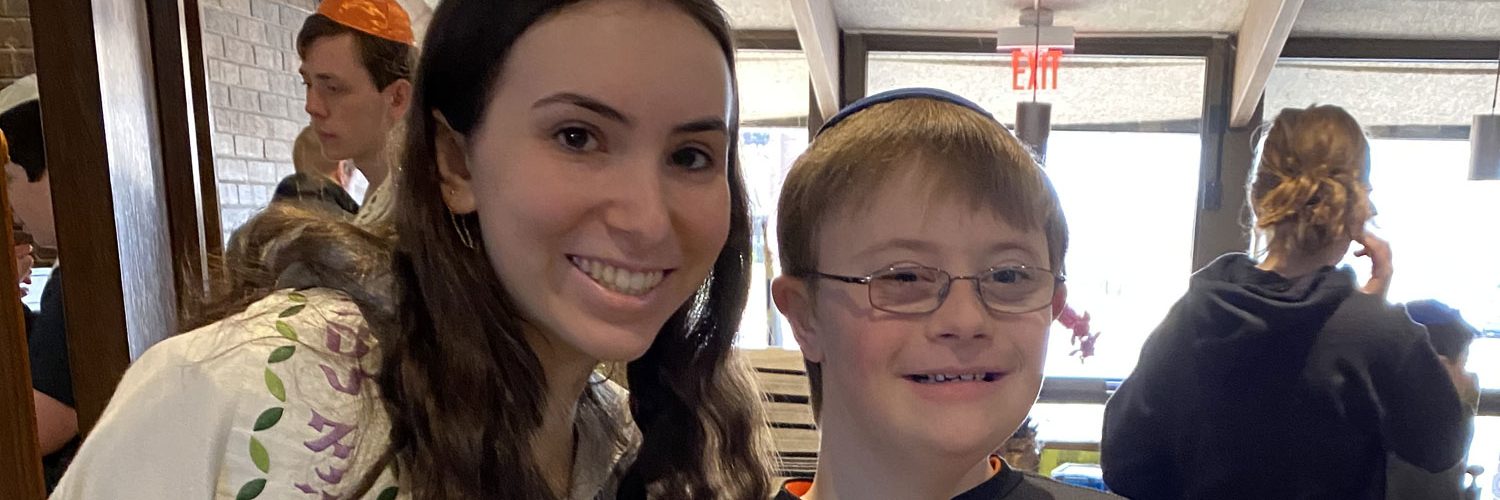

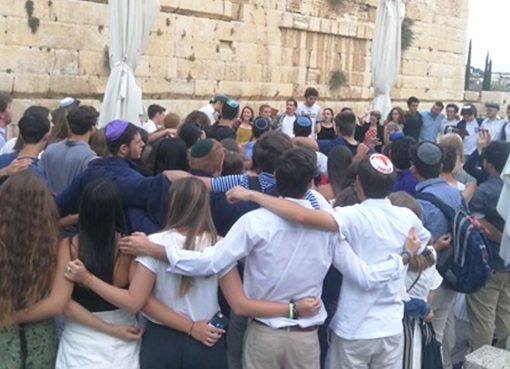
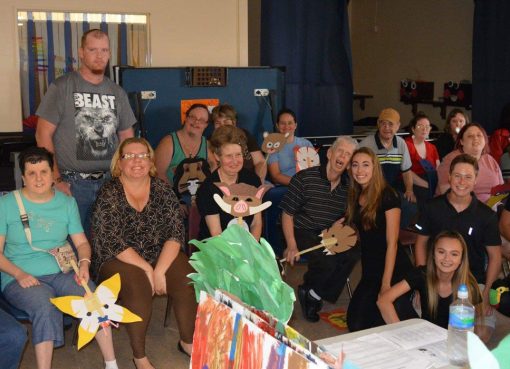
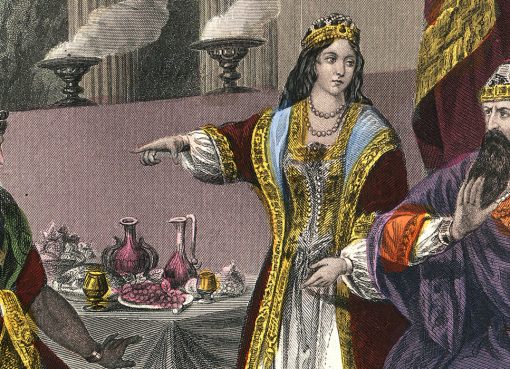

Comment here